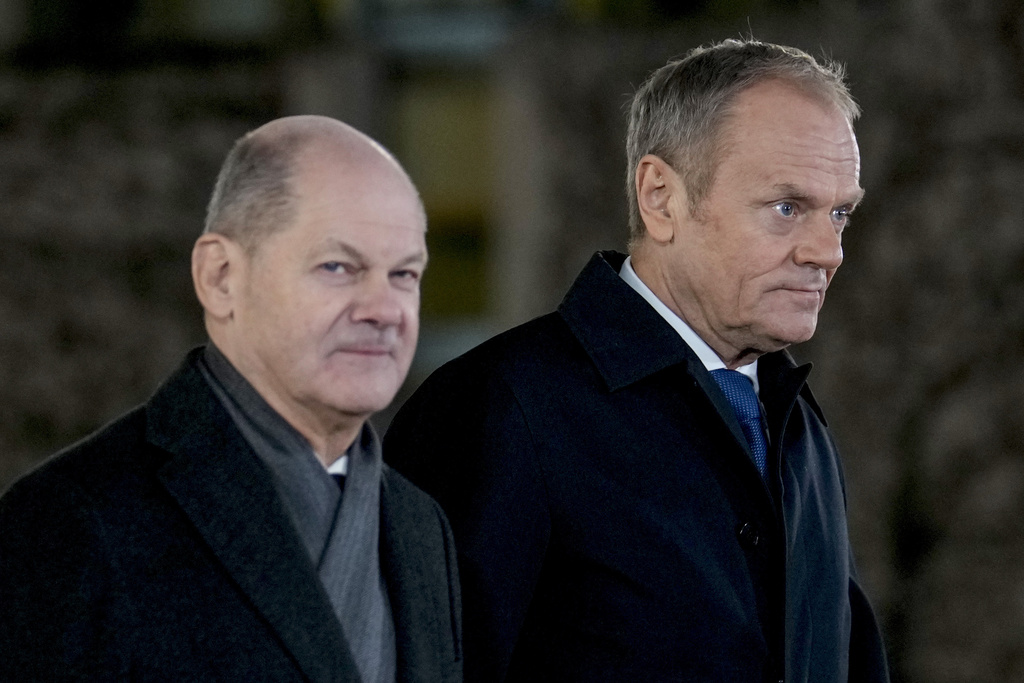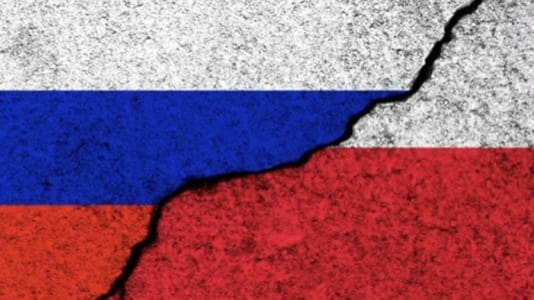In my foreign policy course, I consistently recommend a particular text by Kai-Olaf Lang, a distinguished German analyst specializing in Polish affairs, to my students. His insights on Polish-German relations from 2004 are strikingly pertinent even today.
Lang cautions German politicians against investing solely in relationships with one faction of the Polish political landscape. He warns not to assume that the Civic Platform (PO) will govern indefinitely or that right-wing conservatives will simply vanish like dinosaurs. According to Lang, who works for the German government’s SWP think tank, such an approach will backfire. It risks making one side take good relations with Berlin for granted, while the other, inevitably taking power in a democratic system, will become strongly antagonistic towards Germany.
What has always intrigued me about Lang is his ability to detach from the emotionally charged nature of Polish-German bilateral relations. When I once asked him about this, he explained that his analysis is purely professional, as he has no personal ties to Poland, having been born far from the Polish-German border, closer to France. This detachment contrasts sharply with the emotional involvement that less professional German analysts often exhibit, driven by what the Latin phrase “libido dominandi” (“a desire to dominate”) suggests.
This reflection on Lang’s old text comes to mind as I observe the current policy of the Polish government and the courting by German diplomats and media of Donald Tusk’s team.
Regrettably, I note that after these governance styles and actions by Germany, it might take a whole generation to normalize Polish-German relations again. The societal perception is that strategic projects like the central airport (CPK), Polish nuclear power, and arms purchases from Korea are being sacrificed for the sake of good relations with Berlin.
Moreover, the German press’s enthusiastic reactions to quite harsh actions against the opposition and panegyrics praising former Culture Minister Bartłomiej Sienkiewicz‘s public media purges, and the political hate-speech texts by German journalist Klaus Bachmann, who lives in Poland, only add to the strain.
Controversial statements by the German ambassador about his country “taking responsibility” for NATO’s eastern flank and Donald Tusk standing at attention in front of Ursula von der Leyen, when he should have been meeting with protesting farmers, also play into this narrative. Not to mention an enlightening exposé by Minister Sikorski instructing opposition politicians, including the president, that Germany is our key ally.
Indeed, the rejuvenation in Polish-German relations we now observe has signs of a nervous, almost neurotic action. Both sides are desperately trying to show they are friends, which often seems like a hysterical friendship. However, for the politicians of the conservative Law and Justice (PiS) and their electorate, it becomes clear that they have no real partners in Germany for serious discussions. This assumption of non-engagement either indicates shortsightedness or extraordinary arrogance on the part of our German neighbors, along with a belief in their informal but fully effective power.
In bilateral relations, the stronger partner always has a more significant role. Thus, I attribute the imminent catastrophe primarily to the German side. Although PiS’ policy towards Germany also deserves criticism, could it have been so difficult for a large country adept at maintaining relations with highly controversial figures to engage with Jarosław Kaczyński? Either way, as someone once involved in Polish-German relations, I feel a profound sense of failure and a looming cataclysm.
Many in Polish society now view Germany as a country stunting their nation’s development. Meanwhile, most of Germany’s intellectual elites and the public dismiss the political choices of millions of Poles. This disconnect cannot end well.
After Tusk’s tenure, the complete breakdown of mutual relations is possible, returning us to what could be described, referencing an old Polish TV series, as a return to “the longest war of modern Europe.”






